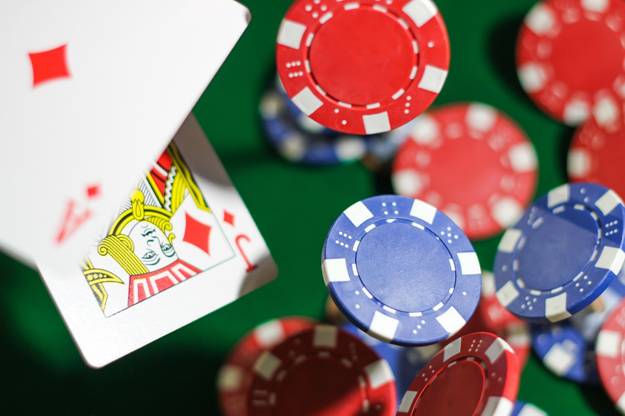Overdoing poker in a single day leads to bad decisions. As tempting as it might be to keep playing after a losing streak, in an attempt to make up for it, this is generally not recommended and will usually lead to more losses. So, how do you determine exactly when you should stop?
General strategy
The safest approach is to set a hard limit on either the number of hands played or the time spent playing. Without ambiguity or room for speculation, you ensure that you will not go overboard. Learning your limits takes time, and you might be enticed to keep playing in certain situations; however, it is best to stick to your plan and then update it for the next session if you think you can play longer.
If you still feel like playing after having carried out your plan, there are plenty of games available where your money is not on the line. Free-to-play slots (called sweepstakes) are a good choice. The best sweep slots will give you an entertaining yet relaxing experience, perfect to ease your mind after a tense poker session.
All that said, there are a few specific cases when it is a good idea to drop the plan and either keep playing longer or finish earlier. These will be covered later in the article.
Limiting time
Setting a limit on the amount of time played is the best option when playing live poker. While online poker sites show you the number of hands you have played, this is not the case with live games, and counting hands would be a waste of cognitive energy. A good place to start is 1 hour. If this feels too easy, you can gradually increase the time up to 8 hours. Such long sessions are not recommended for beginners; however, your mental endurance will increase with practice.
Limiting the number of hands
This is the suggested approach for online poker sessions. A solid starting value is 70 hands. This will result in sessions lasting approximately 1 hour. The number of hands can be calculated from the desired time. Bear in mind that online poker is played faster than live poker. During live poker games, around 25 to 30 hands are dealt an hour, while online games deal 60 to 80 hands in the same period. The number of hands can potentially be multiplied if you are playing at multiple tables. Having said that, playing multiple poker games simultaneously is not advised for beginners. Just like in the case of limited time, the number can be progressively increased, both to find the value that suits you and to keep up with your improving endurance.
Exceptions to the rule
Fatigue and tilt
Fatigue can greatly diminish your skill at the game. If you feel that you are too tired, it is time to quit. The problem with fatigue is that it can be hard to recognize. More often than noticing it, you will simply zone out and start playing mindlessly. It is important to learn to identify this mental state to prevent losing money.
Another frame of mind that affects your playing ability is tilt. This is frustration caused by bad results. The most common trigger is experiencing bad beats, which are hands that you lose despite having strong cards. Tilt will have you chasing losses, playing needlessly aggressively, and betting impulsively, all of which will ultimately lead to undesirable outcomes. The goal in the long run is to avoid this state of mind as much as possible. That said, if you catch yourself being excessively frustrated, it is best to stop playing for that day.
Some methods that can help prevent tilt are listed below:
- Play at stakes appropriate to your bankroll. This will give you the peace of mind necessary for staying focused.
- Learn to distinguish between bad luck and bad play. It is entirely possible to play perfectly and lose a hand, which should not cause you distress.
- Do not focus on short-term results, as these are prone to fluctuation due to the nature of probability. Instead, analyze your overall success within a longer period (at least a month).
Losing streak
Losing many consecutive hands means one of several things: you are tired, you are playing emotionally rather than rationally, or your opponents are simply better than you. Each of these is a sufficient reason to abandon the session. Practice makes perfect, and you should not be disheartened if your opponents have superior skills, but you should also not be handing them your money.
Bad player at the table
The only circumstance under which you should continue the session longer than planned is if there is an inept player at the table losing large amounts of their money. Nonetheless, it is vital to understand the difference between having a bad player at the table and having a lucky streak yourself. If your time runs out in the middle of a winning spree, simply leave the session happy with your achievement.
Conclusion
Ending a poker session at the correct time is crucial for preventing needless losses. The best way to do this is to stick to a schedule with only minor deviations.


